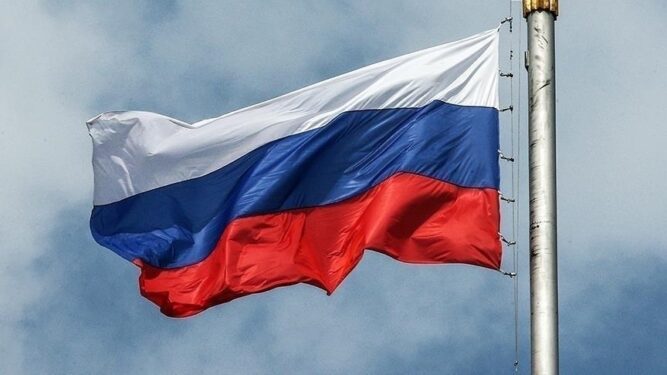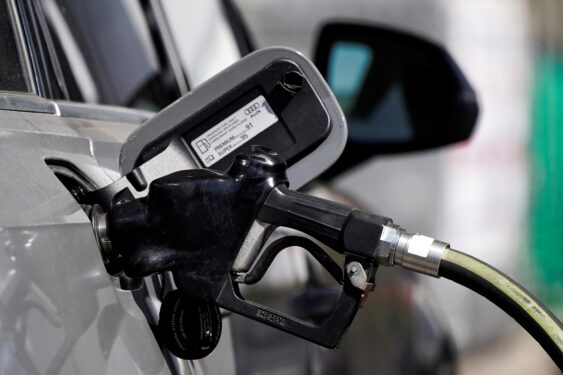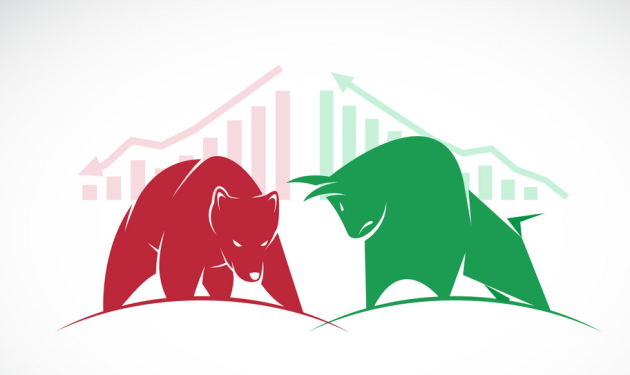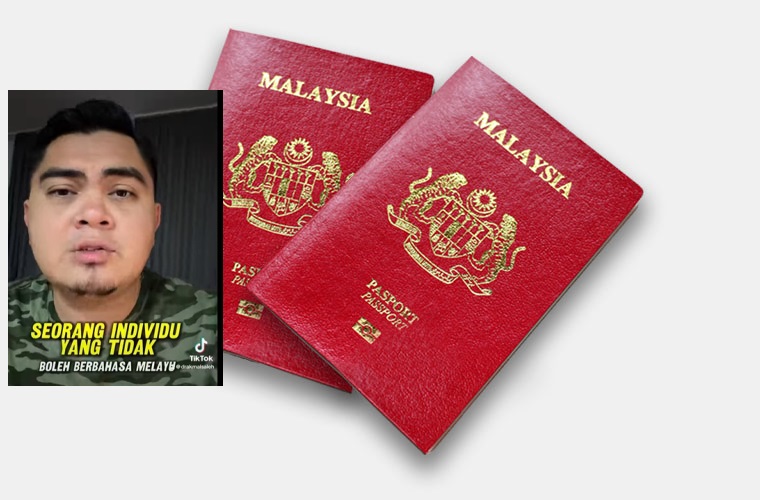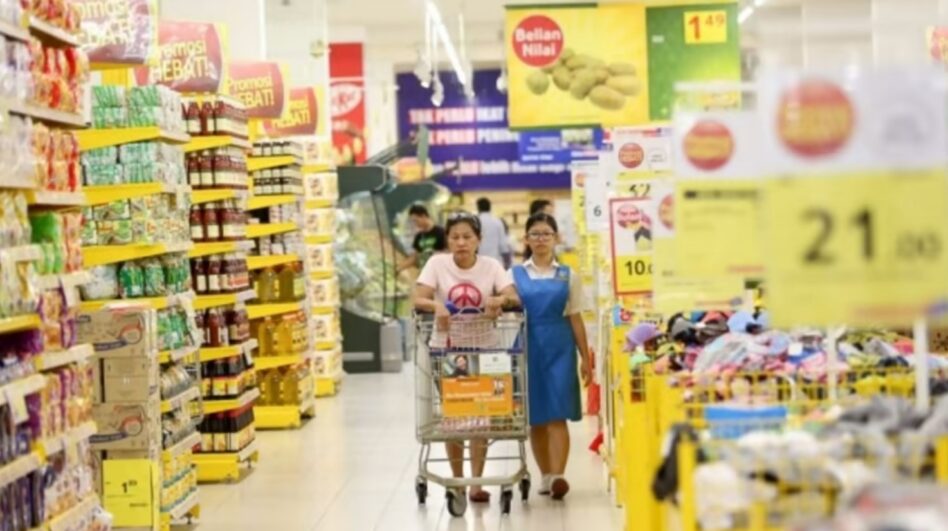IN March 2022, Russia became the world’s most sanctioned country subject to more than 5,000 different targeted sanctions, more than Iran, Venezuela, Myanmar and Cuba combined.
With 1,194 sanctions against Moscow, the US is the leading sanctioning country, followed by Canada (908) and Switzerland (824).
Sanctions may have harmed Russia’s credit-worthiness, but the 70% surge in world gas prices alone has supercharged its balance of payments. Its current account trade surplus, according to its central bank, is now over three times the pre-invasion level.
At the same time, sanctions are clearly hurting sanctioning countries in western and central Europe. It is absurd to expect Hungary to starve itself of energy and, as it says, “nuclear bomb” its economy, with no fixed objective or timetable in sight.
The West cannot be blind to the unintended consequence of its sanctions war, said Guardian columnist, Simon Jenkins, as millions of innocent people across Europe and far from its shores will suffer as food and energy prices soar. The victims are overwhelmingly the poor.
The objective – to compel Russia to withdraw its forces from Ukraine – has patently not been achieved. In contrast, military aid, Jenkins said, has been far more effective.
Thus EU, he added, should stick to helping Ukraine’s war effort and withdraw economic sanctions against Russia, as they are self-defeating and senselessly cruel.
Let’s just take a brief look at what the impacts of the sanctions are on Russia.
The rubles have firmed sharply, as it retained support from capital controls and Russia’s strong trade account, after crashing in the immediate aftermath of the sanctions.
On May 25, it hit a four-year high of 55.80 to the dollar, and reached a seven-year high of 57.10 against the euro, becoming the world’s best-performing currency so far this year, according to Bloomberg.
Russia has also benefited from the still exporting a lot of oil and gas, including to places like Europe, which gets more than a third of its natural gas imports from Russia.
That money – hundreds of millions per day from the EU alone – is coming into the Kremlin’s coffers, and their ability to replenish funds gives the economy a cushion.
Meanwhile, Russian oil exports to India for May surged to 24 million barrels, up from 7.2 million in April, and from about three million in March. It is set to receive about 28 million barrels in June, data shows.
The ruble-yuan trade soars over 1,000%, as Russia and China are ditching the US dollar in favour of national currencies.
Some 25.91 billion yuan (US$3.9 bil) have been exchanged for rubles on the Moscow spot market in May – a twelvefold surge versus February, when Russia launched its military operation in Ukraine.
All these point to sanctions having no desired severe and negative effect on Russia. But one can rightfully ask what about the impact of sanctions on the sanctioning countries?
One negative impact is inflation in the Eurozone exceeded the worst expectations and hit a record 8.1% in May amid surging energy costs.
A flash estimate by EU statistics agency Eurostat revealed the main component of inflation in the euro area is energy, which is expected to jump by 39.2% in May.
Food prices are projected to surge by 7.5% compared with 6.3% in April, the cost of industrial goods is expected to increase by 4.2%, and services by 3.5%.
Consumer prices in the 19 countries that use the euro currency are now rising at the fastest pace since records for the euro began in 1997.
Germany has reported another jump in inflation in May as food and energy prices continue to climb. Annual inflation in Europe’s top economy has reached 7.9%, the highest level since the 1973 oil crisis.
Britons have been warned of winter blackouts, as electricity across the UK could be rationed as the energy crisis deepens. As many as six million British households could be subjected to power cuts this winter if Russian gas supplies to Europe stop.
Shipments of liquified natural gas from major producers such as the US and Qatar could also halve this winter, the UK government warned, pointing to fierce global competition for supplies of the fuel.
The UK, which has vowed to end the importation of Russian oil by the end of the year, is now seeking to bolster electricity supply by extending the life of its coal and aging nuclear power stations.
In Italy, an embargo on Russian gas could lead to a serious shortage of fuel crucial for Italy’s industrial and service sectors, said a study published by the association of Italian industrialists Confindustria.
It claims Italy being deprived of Russian gas would knock an average of 2% per year off its GDP in 2022-2023.
Over in Japan, consumers will be hit with higher costs for thousands of food and drink items as major producers of food and beverages are planning to raise prices for 3,615 items from June, while the total number of items expected to see price hikes is some 8,400 this year.
“This summer looks to be a summer of price hikes,” the Japanese Times quotes the survey published by the credit research firm Teikoku Databank earlier in May.
The 105 food and beverage manufacturers that were surveyed have already increased prices on 4,770 items from January through May.
Finally in the US, Americans are reeling from surging gas prices, food prices, and the price of rent – all of which have steadily risen.
US President Joe Biden had chosen to blame Russian President Vladimir Putin for the situation, dubbing it “Putin’s price hike” – but people aren’t buying it.
A recent poll conducted by the Democracy Institute for Express.co.uk found some 56% of likely voters disapproved of the president’s handling of foreign policy, compared to 40% who approve. On Ukraine, only 38% approve of Biden’s policies.
“Biden made these predictions at the outset – the ruble would be rubble, we were going to crash the Russian economy, people will rise up, Putin will be out, the Russians will run away from Ukraine… [but] none of those things have happened,” Democracy Institute Director Patrick Basham told the Express.
According to Prof Jeffrey Sachs of the Columbia University, US’ arms-and-sanctions approach may sound convincing in the echo chamber of US public opinion, but it doesn’t really work on the global stage.
“Developing countries, especially, have declined to join in the West’s campaign of isolation, as seen most recently in a US-led vote to remove Russia from the UN Human Rights Council.
“It’s true 93 countries supported the move, but 100 countries did not (24 opposed, 58 abstained, and 18 did not vote). Even more striking, those 100 countries are home to 76% of the world population,” he said.
Also, most of the world does not believe in the sanctions and also does not take sides in the war. If all of the countries and regions imposing sanctions on Russia were added up – US, UK, EU, Japan, Singapore, Australia, New Zealand and a handful of others – their combined population comes to just 14% of the world population.
The boomerang effect in which sanctions hurt not just Russia but the entire world economy, while stoking supply-chain disruptions, inflation and food shortages is why many European countries are likely to continue to import gas and oil from Russia, and why Hungary and perhaps some other European countries will agree to pay Russia in rubles.
It will also likely hurt Democrats in this November’s midterm elections as inflation eats away at the real earnings of voters.
Despite NATO’s professed claim it is a purely defensive alliance, many others think otherwise, as they looked to the NATO bombing of Serbia in 1999, NATO forces in Afghanistan for 20 years after 9/11, and NATO bombing of Libya in 2011, which toppled Moammar Gadhafi.
Russian leaders have been objecting to NATO’s eastward enlargement since it began in the mid-1990s with the Czech Republic, Hungary, and Poland.
It is notable when Putin called on NATO to stop its enlargement into Ukraine, all US presidents including Biden pointedly refused to negotiate with Russia over the issue.
In short, many countries will not back global pressures on Russia that could lead to Nato expansion, and that’s because the rest of the world wants peace, not a victory by the US or NATO in a proxy war with Russia. – June 6, 2022
Jamari Mohtar is the Editor of Let’s Talk!, an e-newsletter on current affairs.
The views expressed are solely of the author and do not necessarily reflect those of Focus Malaysia.



